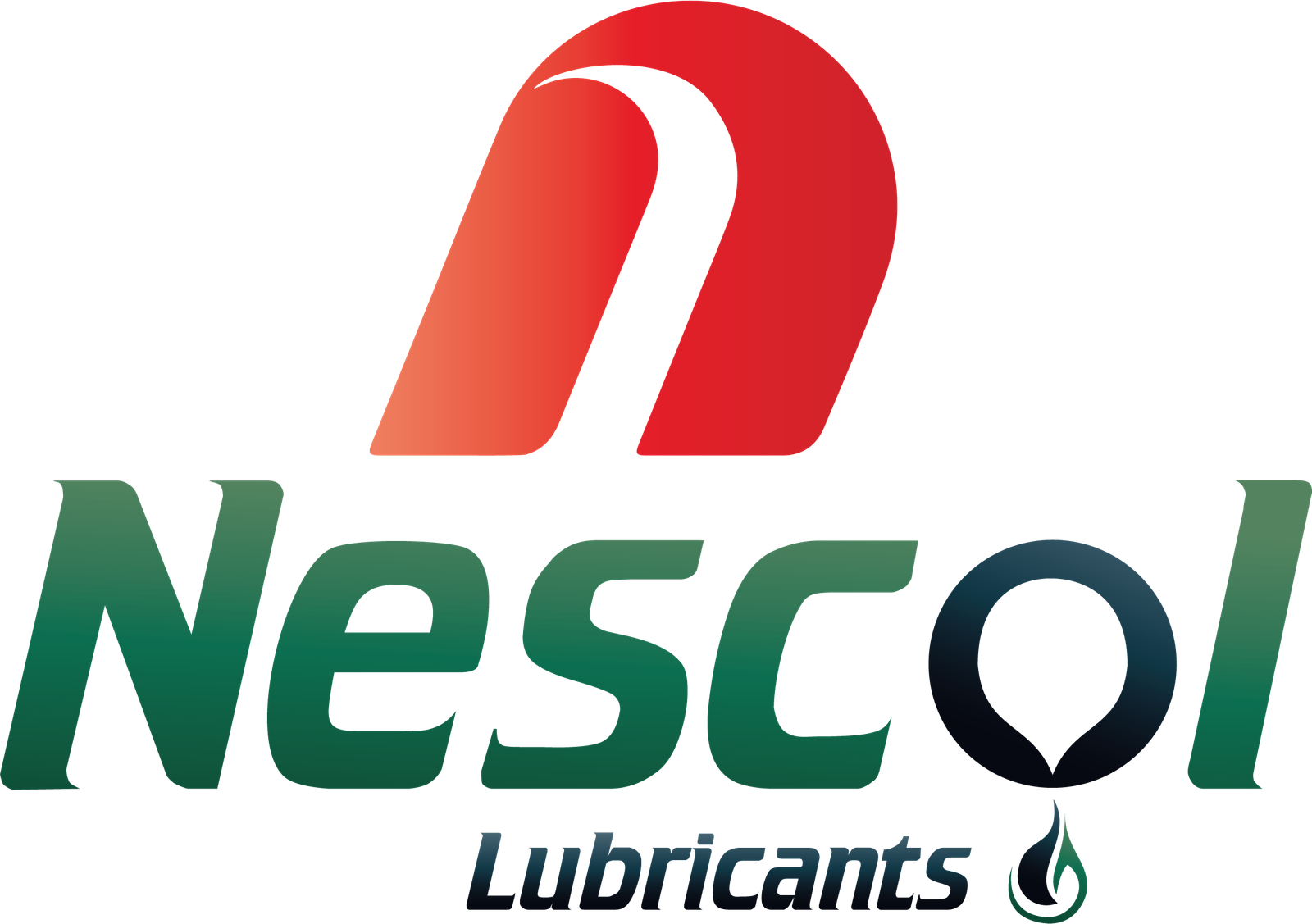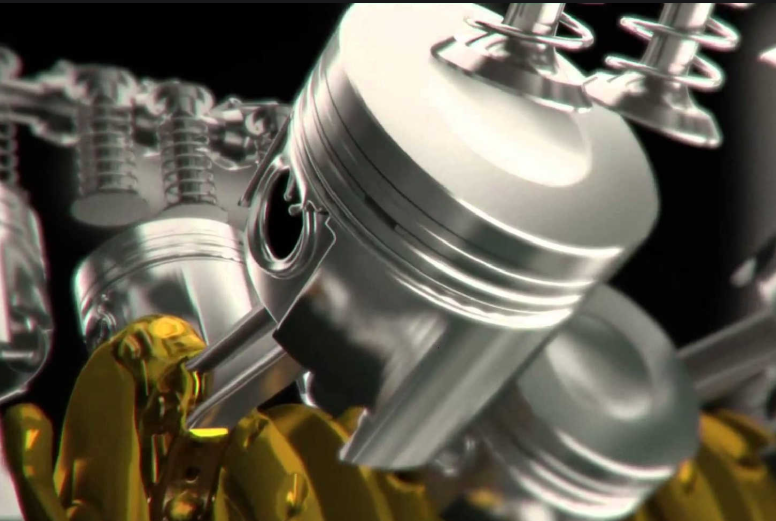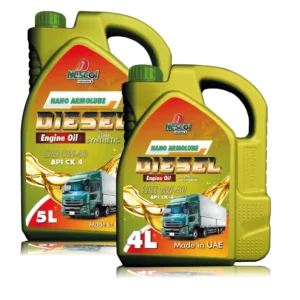Diesel engines are built for durability and high performance, but their longevity heavily depends on proper lubrication. Engine oil plays a critical role in reducing friction, preventing wear, and maintaining engine cleanliness. ArmoLube Diesel Engine Oil is a premium lubricant designed to meet the demands of modern diesel engines, including those with advanced emission control systems like Exhaust Gas Recirculation (EGR), Diesel Oxidation Catalysts (DOC), and Continuously Regenerating Traps (CRT).
One of the most frequently asked questions by diesel engine owners is: “How often should I change my engine oil?” The answer depends on multiple factors, including oil type, driving conditions, and engine technology. This in-depth guide explores:
- Recommended oil change intervals for diesel engines
- Key benefits of using ArmoLube Diesel Engine Oil
- Comparison with other leading diesel engine oils
- Pros and cons of synthetic vs. conventional oils
- How emission systems (EGR, DOC, CRT) affect oil life
- Why ArmoLube is among the best diesel engine oils in UAE and Dubai
By the end of this guide, you’ll have a clear understanding of how to maximize engine performance and lifespan with the right oil change practices.
Understanding Diesel Engine Oil Change Intervals
1. Manufacturer Recommendations vs. Real-World Conditions
Most diesel engine manufacturers suggest oil changes between 7,500 to 15,000 kilometers (or 6 to 12 months), whichever comes first. However, these recommendations are based on ideal driving conditions. In reality, factors like extreme temperatures, heavy loads, and frequent short trips can accelerate oil degradation.
Severe vs. Normal Driving Conditions
| Driving Condition | Impact on Oil Life | Recommended Change Interval |
|---|---|---|
| Normal (Highway Driving) | Steady RPM, optimal temperatures | 10,000–15,000 km |
| Severe (City Traffic, Towing, Dusty Roads) | Frequent stops/starts, high heat, contaminants | 5,000–7,500 km |
| Extreme (Off-Road, Heavy Loads, Extreme Heat/Cold) | High soot, thermal breakdown, oxidation | 3,000–5,000 km |
2. How Emission Systems Affect Oil Change Frequency
Modern diesel engines use advanced emission control technologies that impact oil life:
Exhaust Gas Recirculation (EGR): Recirculates exhaust gases to reduce NOx emissions but increases soot contamination in oil.
Diesel Oxidation Catalysts (DOC): Converts CO and hydrocarbons into CO₂ and water, but requires low-sulfur oil to function efficiently.
Continuously Regenerating Traps (CRT): Captures soot particles but needs low-ash oil to prevent clogging.
Using the wrong oil can lead to:
Increased engine wear
Clogged DPF (Diesel Particulate Filter)
Reduced fuel efficiency
ArmoLube Diesel Engine Oil is specially formulated to work with these systems, ensuring longer oil life and better engine protection.
ArmoLube Diesel Engine Oil Application And Properties
- ArmoLube, a cutting-edge semi-synthetic heavy-duty diesel engine oil, ensures extended drain intervals, enhances engine longevity, and offers compatibility with advanced emission control systems for optimal performance.
Application:
- Recommended for heavy-duty diesel engines, including Euro V/VI modern low-emission vehicles, incorporating technologies such as Diesel Particulate Filter (DPF), Selective Catalytic Reduction (SCR), Continuously Regenerating Traps (CRT), Diesel Oxidation Catalysts (DOC), and Exhaust Gas Recirculation (EGR).
Properties:
- Advanced Semi-Synthetic Formula
- Extended Oil Drain Intervals
- Tailored for Modern High-Output, Low-Emission Engines
- Compatibility with Exhaust After-Treatment Systems
ArmoLube Diesel Engine Oil Specification
| PARAMETERS | ASTM | UNIT | ARMO LUBE | ||||||
| Grade | 0W-30 | 0W-40 | 5W-30 | 5W-40 | 10W-30 | 10W-40 | 15W-40 | ||
| Kinematic Viscosity@ 104°F /40°C |
D-7042 |
cSt |
67.1 |
88.5 |
68.85 |
91.45 |
74.95 |
102.3 |
114.1 |
| Kinematic Viscosity@ 212°F /100°C |
D-7042 |
cSt |
11.9 |
15.1 |
11.9 |
15.1 |
11.8 |
15.2 |
15.3 |
| Viscosity Index | D-2270 | – | 176 | 181 | 171 | 175 | 153 | 157 | 141 |
| SP. Gravity @15°C/ 60°F |
D-4052 |
g/cm3 |
0.848 |
0.845 |
0.859 |
0.859 |
0.874 |
0.873 |
0.885 |
| Flash Point (min) | D-92 | °C | 228 | 228 | 230 | 230 | 232 | 232 | 234 |
| Pour Point (max) | D-97 | °C | -42 | -42 | -42 | -42 | -39 | -39 | -33 |
| TBN | D-2896 | Mg KOH/g | 8 | 8 | 8 | 8 | 8 | 8 | 8 |
|
CCS, (°C) |
D-5293 |
m.Pa.S | 6200(-35°C) | 6200(-35°C) | 6600(-30°C) | 6600(-30°C) | 7000(-25°C) | 7000(-25°C) | 7000(-20°C) |
Why Choose ArmoLube Diesel Engine Oil?
1. Key Benefits of ArmoLube
A. Superior Wear Protection
Reduces friction between engine components, extending engine life.
Contains anti-wear additives like zinc and phosphorus.
B. Enhanced Thermal Stability
Resists oxidation and viscosity breakdown at high temperatures.
Ideal for engines operating in UAE’s extreme heat.
C. Improved Fuel Efficiency
Low-viscosity formula reduces internal drag, saving fuel.
D. Extended Drain Intervals
High-quality synthetic base oils and additives allow for longer service life.
E. Compatibility with Emission Systems
Low-ash formulation prevents EGR, DOC, and CRT clogging.
2. Comparison: ArmoLube vs. Other Leading Diesel Engine Oils
| Feature | ArmoLube | Brand X (Conventional) | Brand Y (Full Synthetic) |
|---|---|---|---|
| Oil Type | Synthetic Blend | Conventional | Full Synthetic |
| Change Interval | 10,000–12,000 km | 5,000–7,500 km | 15,000–20,000 km |
| EGR/DOC/CRT Compatibility | Yes | No (High Ash) | Yes |
| Thermal Stability | Excellent | Moderate | Superior |
| Price (per liter) | Moderate | Low | High |
| Best For | Daily drivers, moderate loads | Older engines, low stress | High-performance, long drain |
3. Pros and Cons of Synthetic vs. Conventional Diesel Engine Oils
| Aspect | Synthetic Oil | Conventional Oil |
|---|---|---|
| Durability | Longer-lasting, better at high temps | Breaks down faster |
| Engine Protection | Superior wear resistance | Adequate for older engines |
| Cost | More expensive | Budget-friendly |
| Change Intervals | 10,000–20,000 km | 5,000–7,500 km |
| Cold Weather Performance | Flows better in cold starts | Thickens in cold temps |
Verdict: For modern diesel engines or armo oil (especially those with EGR, DOC, or CRT), synthetic or synthetic-blend oils like ArmoLube are the best choice.
How to Check if Your Diesel Engine Oil Needs Changing
Even with recommended intervals, it’s wise to monitor oil condition. Signs that your diesel engine oil needs changing:
Dark and Gritty Texture – Fresh oil is amber and smooth; dirty oil is black and sludgy.
Increased Engine Noise – Worn-out oil leads to metal-on-metal friction.
Oil Level Drops Frequently – Indicates burning or leakage.
Check Engine Light – Modern engines detect oil degradation.
Step-by-Step Oil Check
Park on a level surface and wait 5–10 minutes after turning off the engine.
Pull out the dipstick, wipe it clean, and reinsert.
Check the oil level and color.
If oil is below the “MIN” mark or too dark, schedule a change.
Best Diesel Engine Oils in UAE & Dubai – Why ArmoLube Stands Out
1. Top Picks for Diesel Engine Oils in UAE
ArmoLube Synthetic Blend – Best balance of performance and affordability.
Brand Y Full Synthetic – Premium choice for long drain intervals.
Brand Z High-Mileage Oil – Ideal for older diesel engines.
2. Why ArmoLube is the Best Nescol Product for Diesel Engines
Optimized for Middle East conditions (extreme heat, dusty roads).
Approved by leading engine manufacturers.
Part of the best petrochemical products from Nescol.
Final Recommendations
For normal driving: Change ArmoLube every 10,000–12,000 km.
For severe conditions (towing, city traffic, extreme heat): Change every 7,500 km.
Always use oil compatible with EGR/DOC/CRT systems.
Monitor oil quality regularly to prevent engine damage.
Final Thoughts
Regular oil changes are crucial for maintaining premium diesel engine wear reduction health, especially when using high-performance oils like ArmoLube Diesel Engine Oil. Depending on driving conditions, changing oil every 5,000 to 10,000 kilometers ensures optimal engine protection.
For the best diesel engine oil in UAE, consider ArmoLube and other best petrochemical products from trusted brands like Nescol. These oils are engineered to work seamlessly with modern emission control systems like EGR, DOC, and CRT, ensuring longevity and peak performance.
By adhering to recommended oil change intervals and using premium lubricants, you can maximize engine efficiency, reduce emissions, and lower long-term maintenance costs. Whether you operate heavy-duty trucks, commercial vehicles, or personal diesel cars, choosing the best engine oils is an investment in reliability and performance.
FAQs
ArmoLube is specifically formulated for modern diesel engines with advanced emission systems (EGR, DOC, CRT). It uses a synthetic blend with:
Superior thermal stability (resists breakdown at extreme temperatures)
Low-ash additives to prevent clogging in emission systems
Enhanced dispersants to handle high soot levels from EGR
For most engines:
Normal conditions: 10,000–15,000 km or 12 months
Severe conditions (towing, dust, short trips): 7,500 km
Extreme conditions (off-road, heavy loads): 5,000 km
Always consult your vehicle manual and monitor oil condition.
Yes! ArmoLube is optimized for EGR-equipped engines:
Prevents soot buildup in recirculated exhaust gases
Reduces sludge formation in the oil pan
Extends the life of EGR valves and coolers
Absolutely. While designed for modern engines, ArmoLube’s high zinc/phosphorus content (ZDDP) provides excellent protection for:
Classic diesel engines
High-mileage vehicles
Mechanical injection pumps
Common grades available in UAE/Dubai:
5W-30: Ideal for cold starts and fuel efficiency
10W-40: Balanced performance for varied climates
15W-50: Heavy-duty protection for high-load applications


